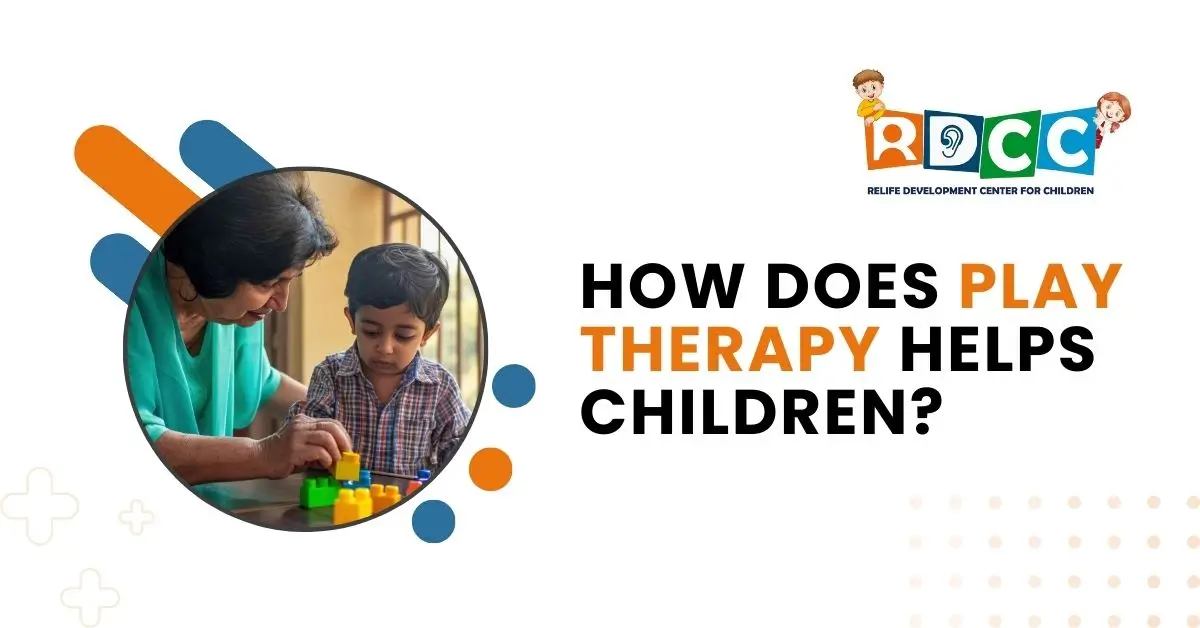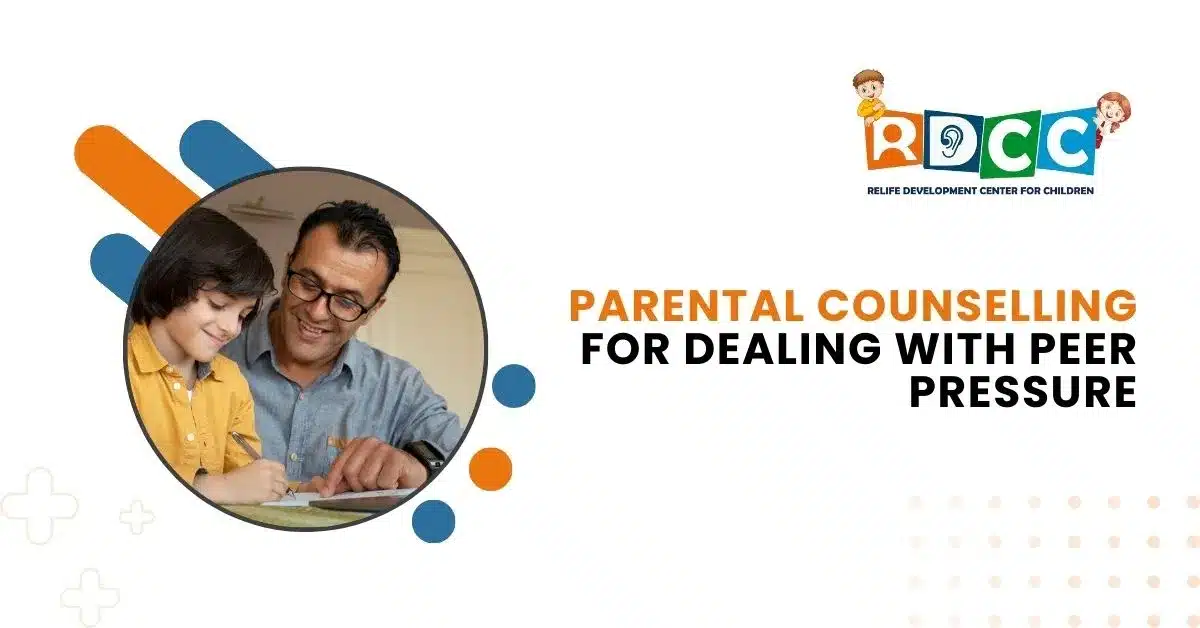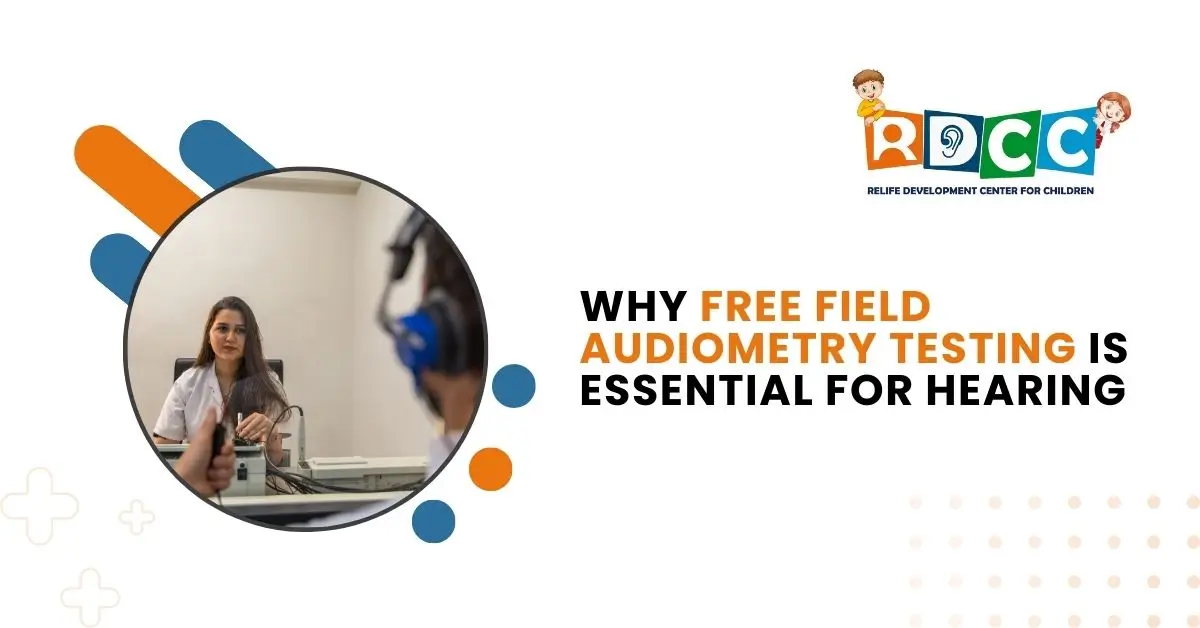
Play therapy is a powerful tool used by therapists to help children express their thoughts and emotions in a safe and constructive environment. Through the act of play, children can communicate in a language they understand best. Unlike traditional therapy that relies on verbal communication, play therapy utilizes toys, games, and creative activities to bridge the gap between a child’s internal world and their external environment.
What is Play Therapy?
Play therapy is a form of psychotherapy primarily aimed at children, although it can be adapted for adolescents and adults. It allows children to explore their feelings and make sense of difficult experiences through play. This therapeutic approach has been proven effective in helping children cope with issues such as trauma, anxiety, depression, behavioural problems, and developmental challenges.
How Does Play Therapy Work?
Safe Environment for Expression
Play therapy provides children with a safe, non-judgmental space to express their emotions. Instead of having to articulate their feelings in words, which can be challenging for young children, they can use toys, art supplies, and other play materials to communicate what they might not fully understand themselves.
Helps Process Trauma
For children who have experienced traumatic events, such as abuse, neglect, or the loss of a loved one, play therapy can be an outlet for expressing deep-seated fears and emotions. Therapists observe the themes children display in their play to understand underlying issues. For example, a child who has undergone trauma might repeatedly engage in scenarios where a character is “saved,” indicating a need for safety.
Help your child navigate emotional challenges with the power of play therapy. Contact us today to schedule a consultation!
Improves Emotional Regulation
Emotional regulation is essential for healthy development and play therapy can enhance this ability. Through guided play, children can learn to manage their emotions, cope with frustration, and build resilience. Games that involve taking turns or following rules can help children practice self-control and patience.
Builds Problem-Solving Skills
Play therapy encourages children to think creatively and solve problems within the play scenarios they create. This fosters cognitive development, allowing children to work through complex emotions and situations while developing skills to handle real-life challenges.
Enhances Social Skills
Children with social or behavioural issues often struggle with peer relationships. In play therapy, they can practice interacting with others in a controlled, therapeutic setting. Role-playing and group play activities can teach them how to share, cooperate, and resolve conflicts with others, promoting healthier social interactions outside the therapy room.
Strengthens Parent-Child Bond
Play therapy can also involve parents in what’s called “filial therapy,” where parents participate in therapeutic play sessions. This can help strengthen the parent-child relationship, building trust and improving communication. Parents can learn techniques to support their child’s emotional well-being at home.
Conditions That Benefit from Play Therapy
Play therapy can be beneficial for various emotional, behavioural, and psychological conditions, including:
- Anxiety and Depression
- ADHD and Other Behavioural Disorders
- Autism Spectrum Disorder
- Grief and Loss
- Abuse and Neglect
- Divorce or Family Conflict
- Developmental Delays
Benefits of Play Therapy
Numerous studies highlight the effectiveness of play therapy in improving mental health outcomes for children. According to the Association for Play Therapy, children who undergo play therapy show significant improvements in behavioural, emotional, and social functioning. Research also indicates that play therapy can enhance a child’s ability to manage stress, build better relationships, and develop a more positive self-image.
Frequently Asked Questions
Why is play therapy important for children?
Play therapy allows children to express emotions and process experiences in a natural, non-verbal way, helping with emotional regulation, trauma recovery, and behavioural issues.
How does play help children?
Play helps children develop emotional, social, and cognitive skills by providing a safe space to express feelings, solve problems, and interact with others.
How do you explain play therapy to a child?
Play therapy is a special time where you can play with toys and games to show your feelings, and the therapist will help you work through them in a fun, safe way.
What types of issues can play therapy help with?
Play therapy can help with anxiety, depression, ADHD, autism, trauma, grief, and behavioural or emotional challenges.
Can play therapy be used for children with special needs?
Yes, play therapy is adaptable for children with special needs, providing a non-verbal way to express emotions and process experiences.
Conclusion
Play therapy provides children with a creative, engaging, and non-threatening way to process their emotions and navigate life challenges. By working through their thoughts and feelings in a safe, guided space, they can develop crucial emotional and social skills that will serve them throughout their lives.
If you’re looking for support for your child’s emotional or behavioural challenges, RDCC Healthcare specializes in child therapy, including play therapy, providing expert guidance to foster healthier emotional development in young minds.




